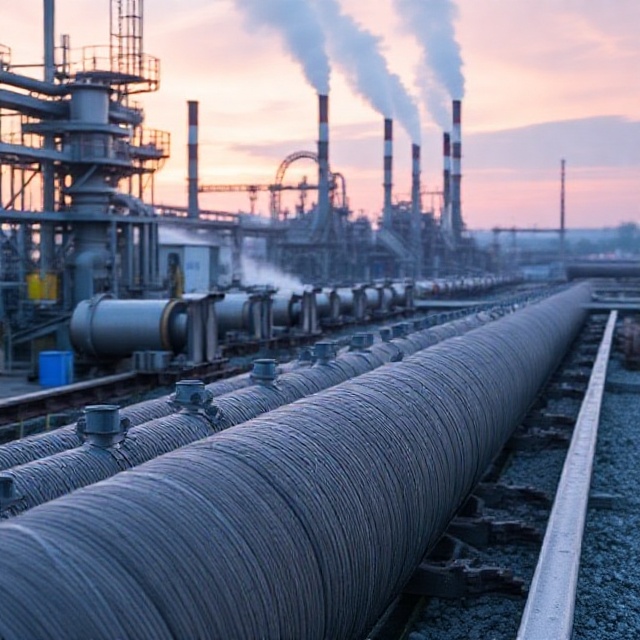Tata Steel has entered into a non-binding agreement with the government of the Netherlands to reduce greenhouse gas emissions at its IJmuiden plant. The pact reflects the company’s commitment to sustainability and the global drive to decarbonise heavy industry, particularly in steel production, which remains a significant contributor to carbon emissions.
Under the terms of the agreement, the Dutch government may provide funding support of up to two billion euros. This financial backing is intended to help Tata Steel implement innovative technologies and processes aimed at lowering emissions while maintaining production efficiency. The company is also preparing applications to the European Union Innovation Fund, which could provide additional resources to accelerate the adoption of low-carbon solutions.
The collaboration marks a strategic step for Tata Steel as it seeks to align its operations with international climate targets and industry best practices. By investing in cleaner production methods, the company aims not only to reduce its environmental footprint but also to secure a competitive advantage in a market where sustainability is becoming an increasingly important criterion for investors, customers, and regulators.
Industry experts note that partnerships between governments and industrial companies are critical in advancing decarbonisation, as they combine policy support with technological and operational expertise. The IJmuiden plant, one of Tata Steel’s largest facilities, will serve as a testbed for initiatives that may eventually be scaled across the company’s global operations.
Tata Steel’s move demonstrates the growing emphasis on sustainable industrial practices and the role of strategic collaborations in achieving ambitious environmental goals. The company remains committed to operational excellence and responsible production, while the agreement with the Dutch government underscores the importance of public-private partnerships in driving meaningful climate action within the steel sector.





